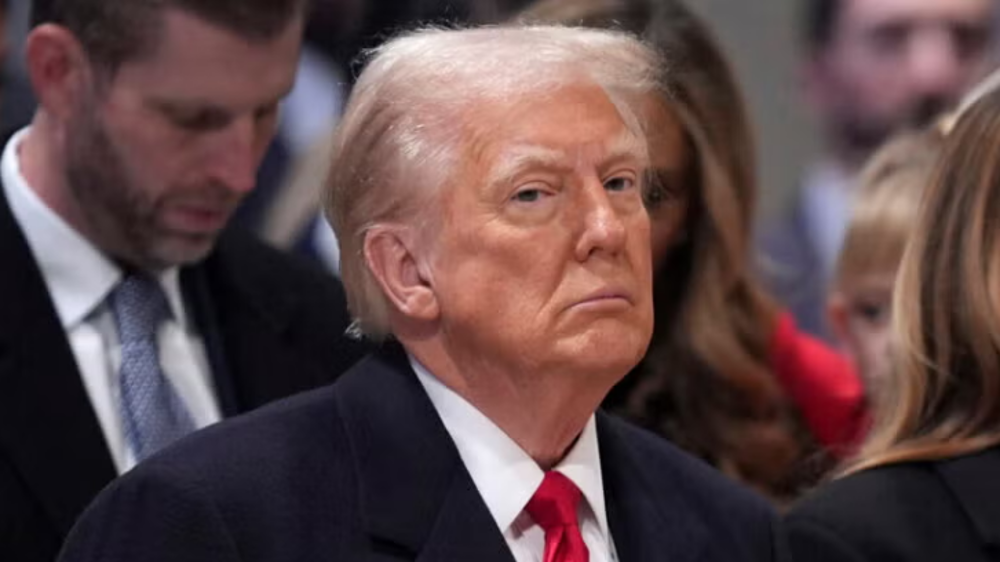UN calls on Mexico to investigate ‘disappearances’
A United Nations supervisory committee has called on the Mexican government to investigate the suspected complicity of state officials in "disappearances" across the country, including a notorious case of 43 missing students.
"The grave case of the 43 students subjected to enforced disappearance in September 2014 in the state of Guerrero illustrates the serious challenges Mexico is facing in terms of the prevention, investigation and punishment for enforced disappearances and searching for the disappeared," the UN Committee on Enforced Disappearances said on Friday.
Enforced disappearances are those related to arrest or kidnapping of people by government agents such as police or security forces, who refuse to acknowledge the person's fate and whereabouts.
The committee, comprising 10 independent experts, noted that its findings indicate “a context of generalized disappearances in a great part of the territory (of Mexico), many of which could be qualified as enforced disappearances."
Last week, a Mexican delegation told the UN body that 11,300 people are unaccounted for in the county.
The development comes as a group of international experts is set to visit Mexico on March 1 to begin a probe into the disappearance of the students.
The Washington-based Inter-American Commission on Human Rights is scheduled to meet with the students’ relatives and Mexican officials.
On September 26 last year, 43 teaching students protesting against hiring practices went missing in the Mexican town of Iguala following an attack by police forces.
Mexico's Attorney General Jesus Murillo Karam said on January 27 that the students were murdered after corrupt police handed them over to a local drug gang, named Guerreros Unidos, whose members mistook the students for a rival gang.
According to Karam, the students’ bodies were burnt and thrown into a river. However, only one body has been identified, and the location and identity of the other remains are under investigation.
The parents of the victims, however, reacted angrily to Karam’s announcement, saying that without proof, they would continue to believe their children were still alive.
MSM/AS/MHB
UK engaged in 'systematic' suppression of pro-Palestine voices: Report
Hundreds of Greeks protest US warship arrival in Crete
Iran warns Trump against decisions based on false information
Iran embassy rejects 'fabricated' French reports on domestic affairs
Trump’s military buildup against Iran on Netanyahu’s behalf is a gambit doomed to fail
Iran dismisses US 'big lies' on nuclear, missile programs
CIA‑founded NGO admits deploying Starlink satellites for Iran riots
VIDEO | French comedian targeted by Rothschild and Epstein for his shows on Palestine










 This makes it easy to access the Press TV website
This makes it easy to access the Press TV website